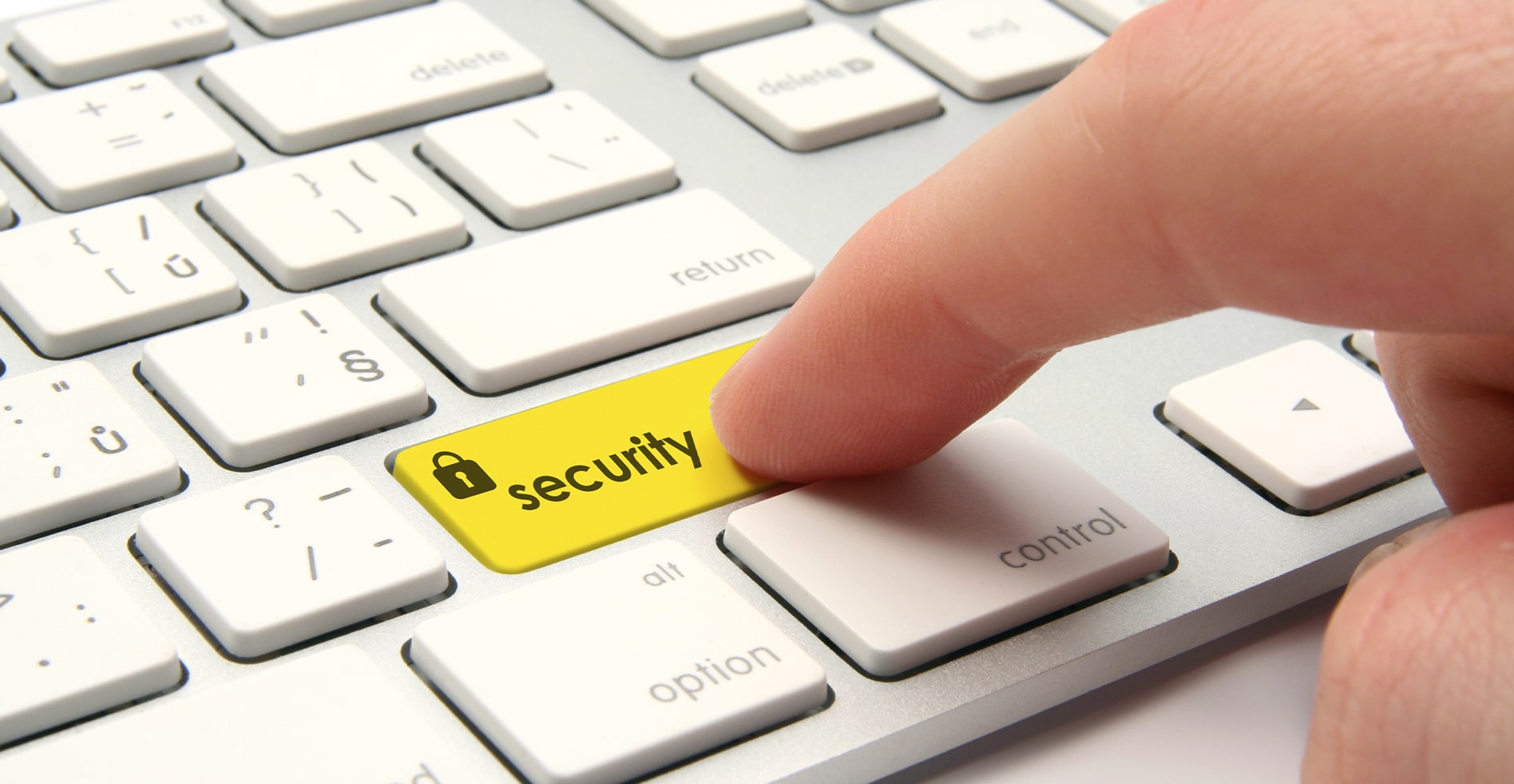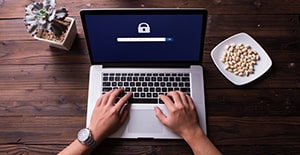How to Choose the Best Antivirus Software
Simplify your search for an antivirus software with this guide.
read morePublished on: July 1st, 2021

Our lives have increasingly mingled with technology for years, but the pandemic took things to a new level. Video conferencing and social media allowed us to stay connected while apart, but it also left us more vulnerable to cybercriminals. In this article, we’ll give you some internet privacy safety tips to help manage your digital footprint.
Remote work and the increase of tech platforms during COVID-19 increased phishing and security issues across the board. It’s true that you can’t do much if a major financial or shopping platform experiences a data breach. However, these common-sense guidelines can help you protect yourself from avoidable identity theft, malware, and other cybersecurity threats.

Managing your privacy settings so that your personal data isn’t visible on social media is a simple way to increase your online privacy. This way, you aren’t sharing your personal information with potential employers, total strangers, and possible cybercriminals.
Keep personally identifying information out of your usernames and email addresses when signing up for new accounts. Furthermore, when you sign up for new social networks or email accounts, you’ll often be prompted to connect with users you already have in your contacts. Instead, stick with adding friends manually.
Last but certainly not least, keep an eye out for other privacy and security options, such as keeping your profile out of search results and enabling two-factor authentication.
You likely know the importance of having antivirus software on your computer, and luckily, many devices come with this installed. Taking the extra time to update to the latest version helps keep your computer protected against new malware, spyware, and other viruses.
Additionally, both Android and Apple regularly offer operating system updates to keep your mobile devices safe. Keep an eye on any that are available, and don’t put them off for long!
One of the easiest ways for a hacker to get into your accounts is by batch trying a username and password on multiple sites. If a small site is breached containing the login information you use for your credit card or bank account, things can get messy, fast. Luckily, password managers make it easy to avoid this security threat. Create strong passwords that are unique to each site you use and let the manager take care of remembering them all.
Every time you sign onto the public Wi-Fi at your local coffee shop, you’re putting your information at risk. Depending on the security of the Wi-Fi network, your online activity can be infiltrated. Luckily, a virtual private network (VPN) eliminates this issue. Bonus: VPNs also hide your IP address, spoofing your location from advertisers and even your own internet service provider.
Do you realize how much information your web browser knows about you? Cookies, search engine activity, and browsing history can include personal data. The processes differ slightly depending on if you use Firefox, Chrome, or another browser, as well as whether or not you’re on a mobile device. Once you find the steps to clear your cache, make it a regular habit!
Purchases on insecure sites are a goldmine for hackers. Keep your credit card, bank account information, address, and phone number protected by only shopping on secure sites. Look for those that encrypt and protect data by paying attention to the site address. An HTTPS: rather than HTTP: signifies a secure site.
Be cautious and look out for link bait in your emails and online. Phishing links often prompt you into downloading unsafe files that can infect your computer with malware. Know the warning signs of scams and practice smart clicking to avoid being hacked!
You wouldn’t give your credit card or social security number to a stranger, so provide your personal information the same security online! These simple security measures can help you keep your computer, iPhone, or another device from compromising your info. Looking for more tips to boost your cybersecurity? Consider reaching out to your local Computer Troubleshooters. Our technology superheroes can help you tighten up your security in no time!
Simplify your search for an antivirus software with this guide.
read moreHave you received this notorious Windows error screen? Here’s how to fix it.
read more© 2025 Computer Troubleshooters.